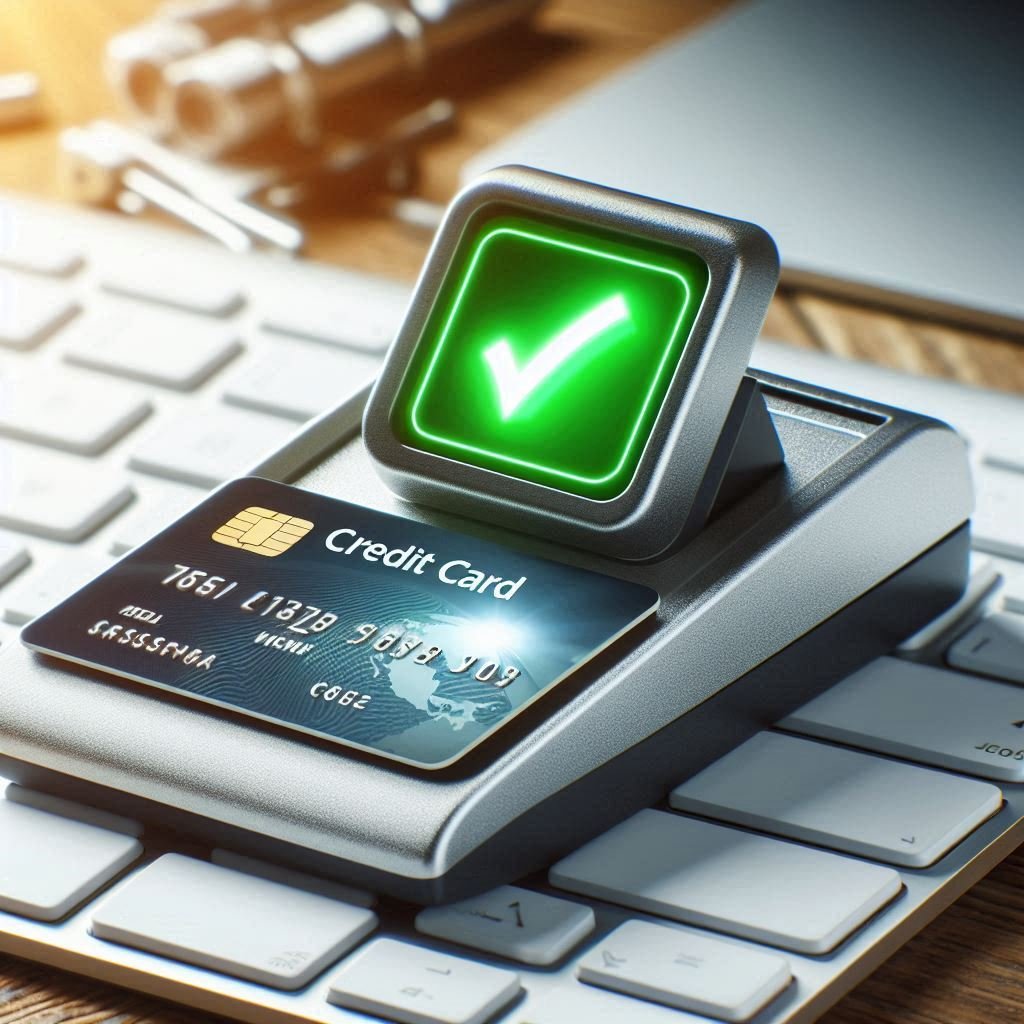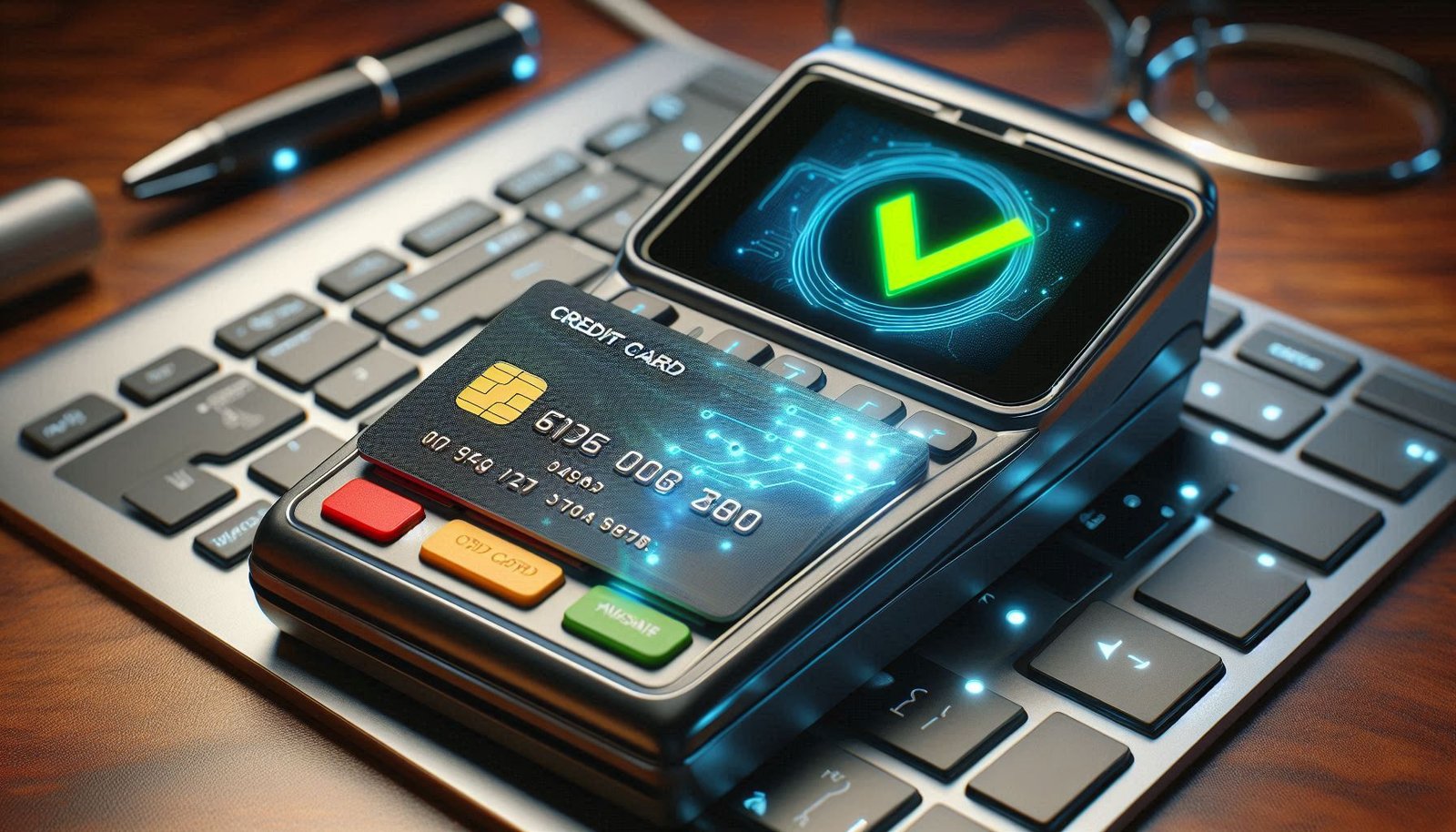
06
Credit Card Validators Explained: Ensuring Safe and Secure Transactions
Credit card validators play a crucial role in reducing chargebacks by preventing fraudulent transactions, ensuring card validity, improving data quality, streamlining operations, and fostering customer trust.
Credit card validators are essential tools in the financial technology landscape, primarily designed to verify the authenticity and validity of credit card information. This article explores the functionality, importance, and operational mechanisms of credit card validators, along with their implications for both consumers and businesses.
What is a Credit Card Validator?
A credit card validator is a tool that checks whether a given credit card number is valid. This validation process involves a series of checks against established criteria, ensuring that the card is not only formatted correctly but also corresponds to an existing account with a legitimate issuing bank. The validator performs several checks, including:
- Issuer Identification Number (IIN): The first six digits of the credit card number, which identify the institution that issued the card.
- Personal Account Number (PAN): The digits following the IIN that represent the individual account.
- Major Industry Identifier (MII): The first digit of the card number that indicates the category of the issuer (e.g., banking, travel).
- Luhn Algorithm: A checksum formula used to validate the card number's integrity.
These checks help prevent fraudulent transactions and ensure that the card is active and within its validity period.
Importance of Credit Card Validators
Fraud Prevention
Credit card fraud is a significant issue, with millions of cases reported annually. Validators play a crucial role in mitigating this risk by filtering out invalid or potentially fraudulent card numbers before transactions are processed. By verifying card details in real-time, businesses can prevent losses associated with chargebacks and fraudulent purchases.
Enhanced Customer Experience
For consumers, credit card validators streamline the purchasing process. When a customer enters their card information, the validator quickly confirms its validity, allowing for a smoother checkout experience. This efficiency can lead to higher customer satisfaction and increased sales for businesses.
Data Quality and Lead Generation
For businesses, maintaining a database of valid credit card information is vital for effective customer relationship management. Credit card validators help in collecting accurate data, which can be used for marketing and lead generation. By ensuring that only valid cards are stored, businesses can enhance their marketing efforts and reduce the risk of engaging with fraudulent accounts.
How Credit Card Validators Work
The operation of a credit card validator typically involves the following steps:
- Input: The user enters their credit card number and other required information into the validator tool.
- Validation Checks: The tool performs a series of checks, including verifying the IIN, PAN, and applying the Luhn algorithm to ensure the card number is correctly formatted and valid.
- Response: The validator returns a result indicating whether the card is valid or not, often providing additional information about the card type and issuing bank.
Example of Credit Card Formats
Different credit card issuers have specific formats and lengths for their card numbers. Here’s a summary:
Credit Card Issuer Starting Numbers (IIN Range)Number of Digits
Visa | 4 | 13-16
MasterCard | 51, 52, 53, 54, 55 | 16
American Express | 34, 37 | 15
Discover | 6011, 622126 to 622925 | 16
Maestro | 5018, 5020, 5038, 5893, 6304, 6759 | 16-19
These formats are essential for the validator to correctly identify and process the card number.
What are the benefits of using a credit card validator for businesses
Using a credit card validator offers numerous benefits for businesses, particularly those engaged in online transactions. Here are some key advantages:
Fraud Prevention
Credit card validators significantly reduce the risk of fraudulent transactions. By verifying the authenticity of credit card numbers before processing payments, businesses can avoid losses associated with chargebacks and fraudulent purchases. This proactive approach to fraud prevention is crucial in safeguarding both the business and its customers from financial harm.
Cost Savings
Implementing a credit card validation system can lead to substantial cost savings. By preventing fraudulent transactions and the associated chargebacks, businesses can minimize financial losses. This not only protects revenue but also reduces the costs related to dispute management and potential legal issues stemming from fraudulent activity.
Enhanced Customer Experience
Credit card validators streamline the payment process for customers. By quickly verifying card information, businesses can ensure a smooth checkout experience, which can lead to higher customer satisfaction and increased sales. A seamless transaction process encourages repeat business and fosters customer loyalty.
Data Quality Improvement
Using a credit card validator helps businesses maintain a database of verified credit card information. This enhances data quality and allows for better customer relationship management. Accurate data collection can lead to improved marketing strategies and more effective communication with customers.
Real-Time Processing
Credit card validators operate in real-time, allowing businesses to verify card details instantly during transactions. This rapid validation helps prevent payment processing errors and reduces interruptions, ensuring that customers can complete their purchases without delays.
Compliance and Security
Credit card validators help businesses comply with industry regulations regarding payment processing and data security. By ensuring that only valid and legitimate card information is processed, businesses can adhere to best practices in data protection, thereby enhancing their overall security posture.
Versatility Across Card Types
Most credit card validators can handle various card types, including Visa, MasterCard, and American Express. This versatility allows businesses to cater to a wider range of customers and payment preferences, enhancing their service offerings and potentially increasing sales
Limitations and Considerations
While credit card validators are powerful tools, they are not without limitations. Some of these include:
- False Positives/Negatives: Validators may occasionally reject valid cards or accept fraudulent ones due to errors in the validation process. This can lead to customer frustration or financial losses for businesses.
- Data Privacy Concerns: Users may be hesitant to input their credit card information into online validators due to concerns over data security and privacy. It is crucial for businesses to ensure that any validator they use complies with data protection regulations.
- Dependence on Issuer Data: The effectiveness of a credit card validator is contingent upon access to up-to-date data from credit card issuers. Any discrepancies or outdated information can affect the accuracy of the validation process.
Conclusion
Credit card validators are indispensable tools in the modern financial landscape, providing a vital service for both consumers and businesses. By ensuring the validity of credit card information, these tools help combat fraud, enhance customer experiences, and maintain data integrity. As technology continues to evolve, the role of credit card validators will likely expand, incorporating advanced algorithms and machine learning techniques to further improve their effectiveness and reliability.
Contact
Missing something?
Feel free to request missing tools or give some feedback using our contact form.
Contact Us